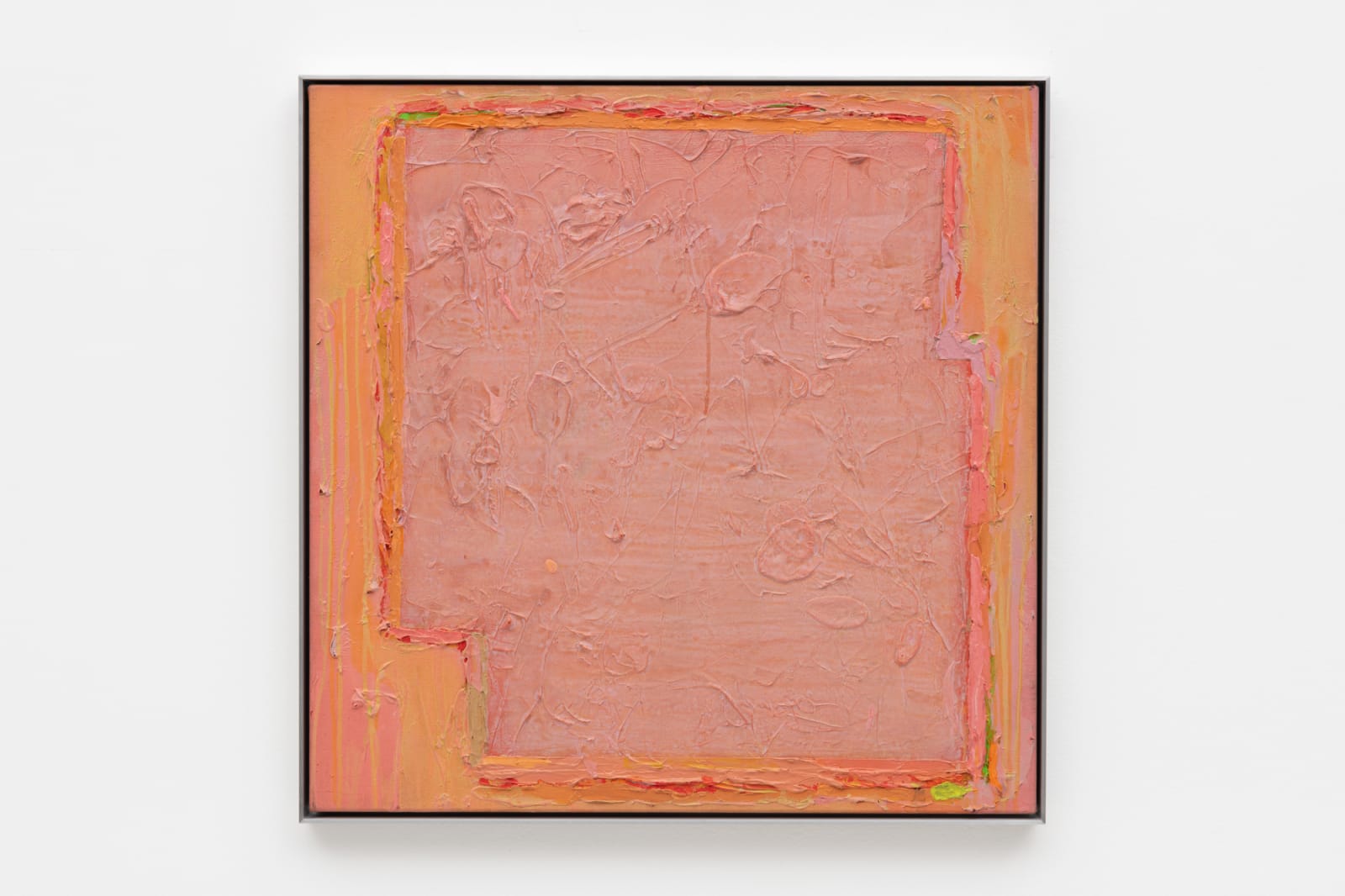
John Hoyland
12.5.73, 1973
Acrylic on canvas
76 x 76 cm
29 7/8 x 29 7/8 in
Framed: 78.5 x 78.5 cm
30 7/8 x 30 7/8 in
29 7/8 x 29 7/8 in
Framed: 78.5 x 78.5 cm
30 7/8 x 30 7/8 in
Provenance
2021 - present: Private collection, London, UK2019 - 2021: Private collection, UK (sold via Waddington Galleries, London, UK)
Private collection (sold via Galerie Josine Bokhoven, Amsterdam)